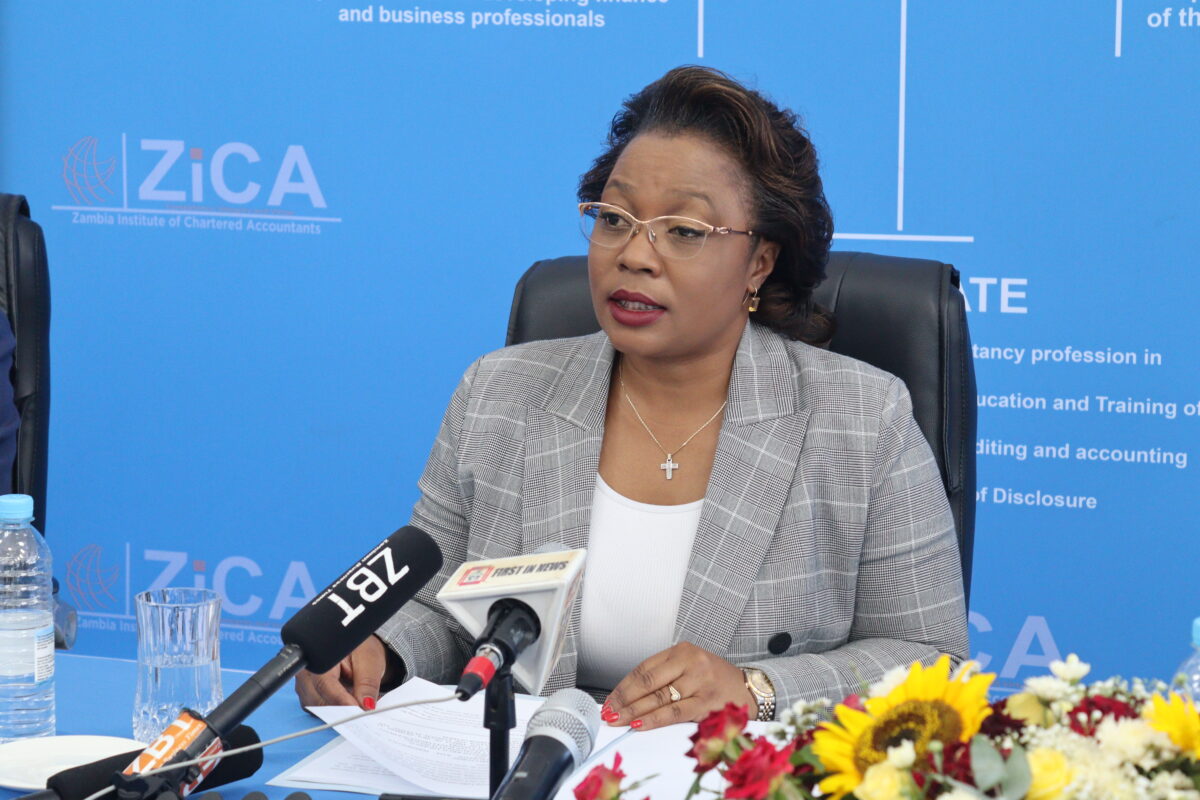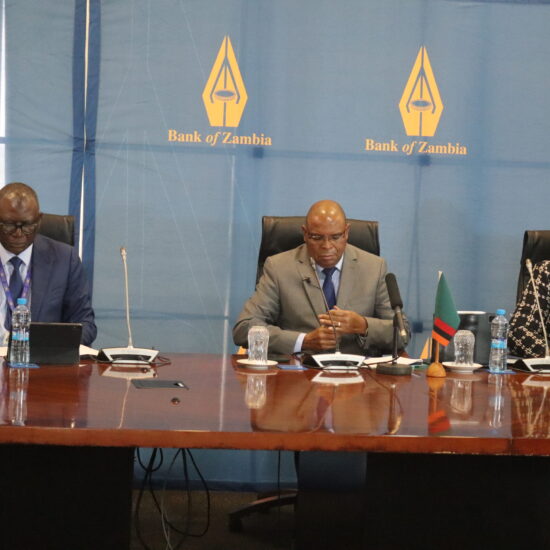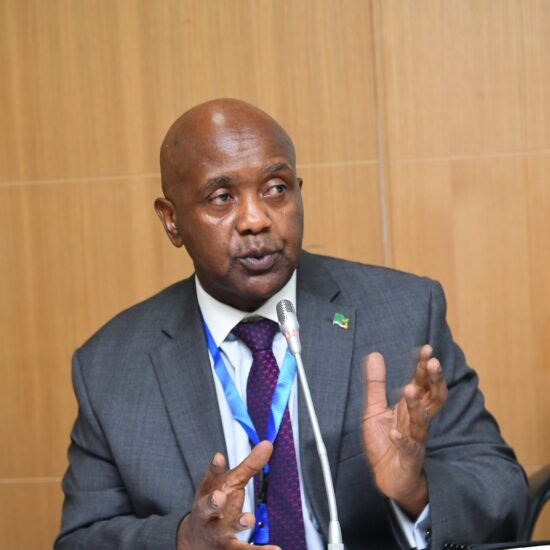
The Zambia Institute of Chartered Accountants -ZICA- says the initiative by the Bank of Zambia -BOZ- to raise the Statutory Reserve Ratio to 17 percent has a huge disadvantage for Small and Medium Enterprises and it is a delay in the growth of entrepreneurship.
Speaking during the quarterly media briefing attended by the Zambian Business Times -ZBT, ZICA President Yande Mwenye said the move by BOZ will limit access to funds to small businesses as banks will ultimately deal with larger corporates. “Simply put, BOZ’s move has effectively squeezed money or liquidity out of circulation which will force commercial banks to only deal or lend money to pristine clients like the mines or big businesses,” said Mwenye.
On November 13th, 2023, the Bank of Zambia increased the statutory reserve ratios for both the kwacha and foreign currency by 3%, from 11.5% to 14.5%. This was done to address the persistent increase in inflation and the continued depreciation of the kwacha. To further address these issues, the central bank increased the statutory reserve ratio by an additional 2.5% to 17% on November 27th, 2023. The revised statutory ratio of 17% is based on the weekly return of selected assets and liabilities from that date. The aim of these actions was to tighten liquidity in the market and relieve the persistent pressure being experienced by the local currency.
ZICA president however noted that after a cumulative appreciation of 17% in the previous quarter, the kwacha depreciated by 5.8% against the US dollar in the third quarter of 2023. She further noted that between 1st September and 21st November 2023 the kwacha depreciated by a further 10.9% per dollar and that the depreciation trend of the kwacha has persisted in the fourth quarter with the kwacha trading at K23.3 per US dollar as of 21st November 2023.
She noted that the key drivers of the depreciation of the kwacha are low foreign exchange supply particularly from the mining sector, High demand by market players for various purposes including critical import of fuel, medicines, and agricultural inputs, tighter global financial conditions causing an outflow of foreign currency as foreign holders of Government securities divest from the domestic market thereby reducing forex inflows who have been typically suppliers of foreign exchange, as well as negative sentiments associated with the conclusion of protracted debt restructuring negotiations.
To potentially aid the downward depreciation of the Kwacha, ZICA has proposed some recommendations to the government which include, addressing Zambia’s deep-rooted structural disparity that has manifested itself in a mono-economy still heavily reliant on copper mining.
Mwenye added that the government must expedite the diversification of the country’s export base towards sectors such as Agriculture, Manufacturing, and Tourism as espoused in the 8th National Development Plan -NDP- and other policy documents. “This will ensure a multiplicity of sources of foreign currency thereby arresting depreciation overtime” said Mwenye.
Mwenye further mentioned that there is a need for BOZ to assess the impact of financial practices by large firms and how they influence the forex market to strengthen its interventions aimed at curbing these practices.
“From a fiscal policy angle, the Government must continue the work they are doing to reduce its debt service costs to decrease its demand for foreign currency, which has a direct effect on the depreciation of the Kwacha,” said Mwenye. She noted that the restructuring of the country’s debt is in the short term paramount and should be expedited as it will help reduce interest payments.
“In the long term, the government must continue to prioritize fiscal adjustment through containment of capital expenditure, which persistently widens the fiscal deficit and leads to further borrowing,” said Mwenye. She notes that the exchange rate remains a significant variable in Zambia’s economy hence the persistent depreciation of the Kwacha continues to pose economic challenges. She said going forward, a combination of short-term and long-term measures must be used to arrest the perpetual depreciation of the Kwacha. “This way, the Kwacha can be redeemed, and consequently the economy insulated from the shocks arising from the Kwacha’s depreciation,” said Mwenye.








